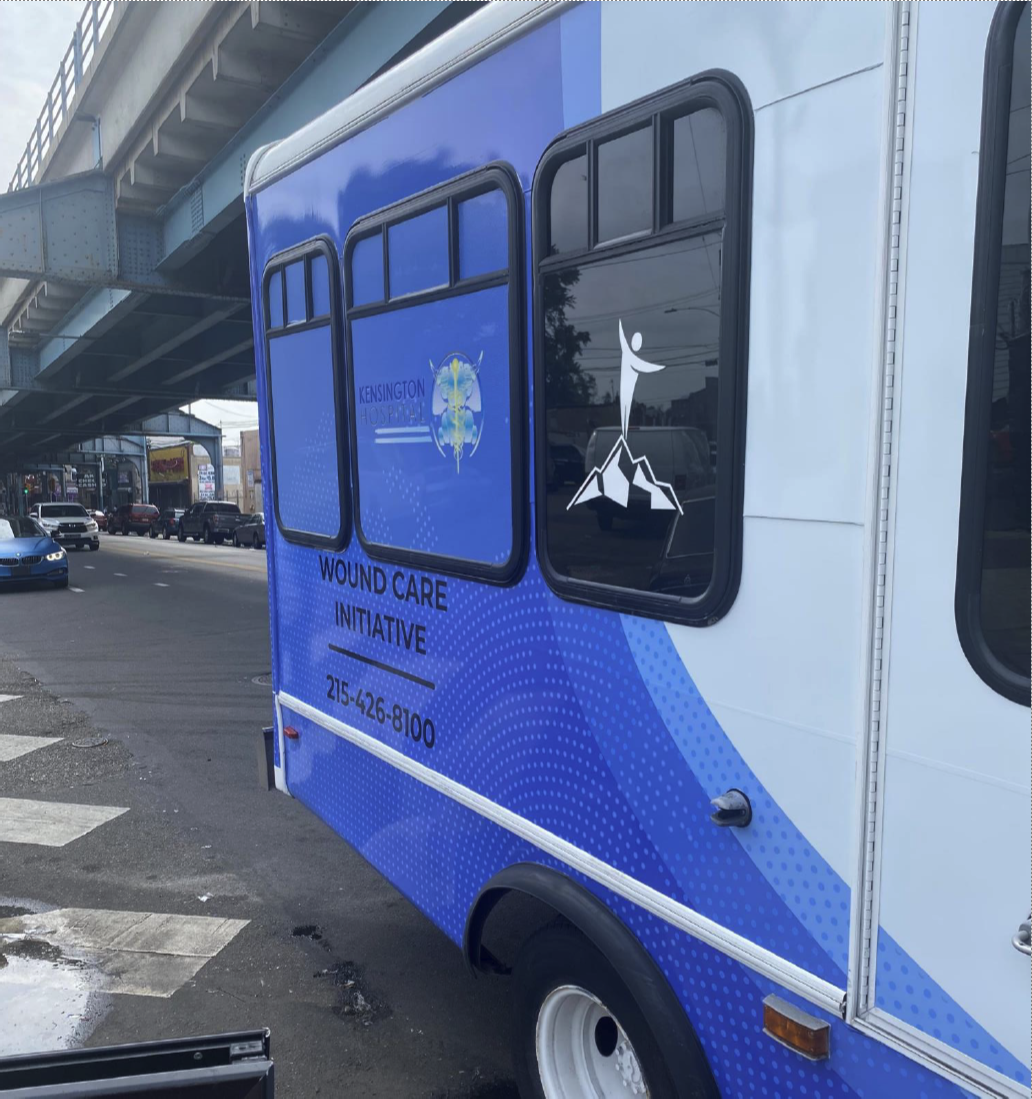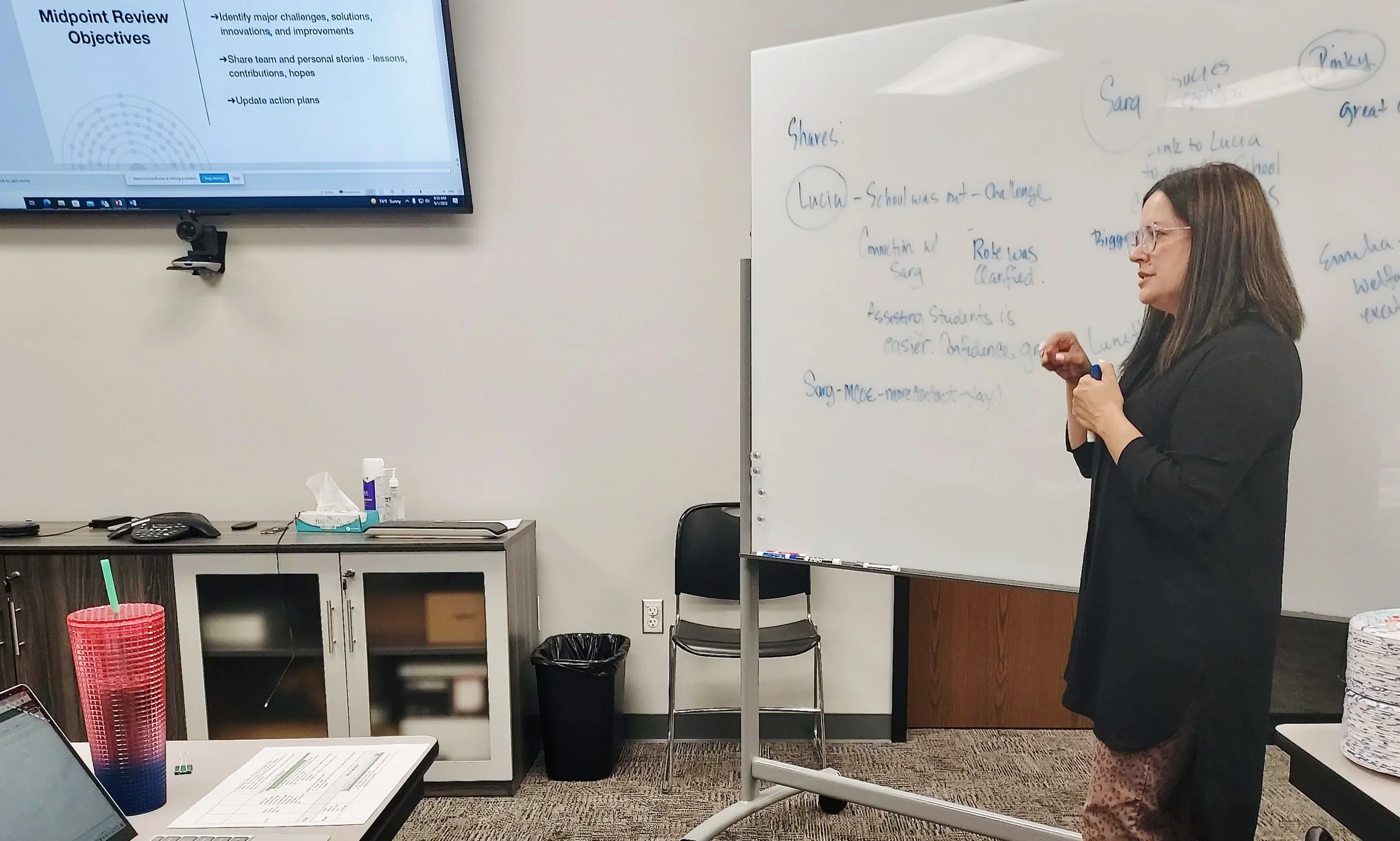Worker Safety Program Changes Attitudes in China
Seeing problems as "jointly owned"
In 2012, Rapid Results partnered with Social Accountability International, to pilot an innovative new worker safety program known today as TenSquared. The program starts from the premise that trust between workers is both possible and critical for making progress on health and safety issues. Rather than viewing health and safety as a compliance issue that pits managers and workers against each other on opposite sides of an important workplace issue, TenSquared induces workers and managers to view the issue as a jointly owned problem that they are challenged to solve. Apart from the dramatic results achieved, this shift in mindset and in the dynamics of collaboration between managers and workers is the most powerful and enduring legacy of the TenSquared program.
Since 2012, TenSquared has empowered over 30 factories to improve and safeguard the lives of their workers. First in Brazil and then in 2014, the program expanded to Turkey where over 15 TenSquared teams have transformed health and safety in their facilities to date. In November 2015, a TenSquared pilot was initiated in Dongguan, China with two factories that build electronic goods that are sold around the world. RRI Catalysts Taya Darch and Arek Deng packed their bags for TenSquared’s first venture into the East.
“We believed that TenSquared would work well in China, seeing as they are such a major producer of goods, globally. With the help of Hewlett Packard, we worked with two electronics factories in Dongguan to pilot the TenSquared program and both factories did really well. One of the factories reduced its evacuation time from twelve minutes to two minutes and forty-seven seconds in just 100 days! This shows that the TenSquared process really works.” - Taya Darch
Taya and Arek noted a fundamental shift in attitudes at the factories, especially with managers, who acknowledged this was the first time they’d had dialogue with workers in such a constructive way, that helped them understand the bigger picture from the workers’ point of view.
The Catalysts also noticed some interesting cultural differences around communication. Whereas in Brazil and Turkey lunchtime is taken seriously by all as a time to eat, relax and socialize, in China most workers had a much shorter lunch and preferred to take a short nap before heading back to work. Workers in China were also generally less expressive than in the other two cultures. This meant the Catalysts had to think creatively about how to get the workers to come out of their shells and communicate their ideas.
For Arek, it was her first visit to China and, like so many, she had her own ideas of what to expect when she landed in the country.
“I really thought there was going to be this division between workers and managers,” she said “ And of course, before TenSquared arrived, there was. One interesting story I heard from a team was how both the managers and workers initially felt that the workers had nothing to add to the evacuation processes, so nothing had happened to improve it over the years. When they started to discover that both sides had valuable ideas to add, that’s when they saw the changes and for the first time understood the value of two-way communication. One worker told me how proud they were to tell fellow workers, who weren’t part of the program, how they had been listened to and how their ideas were now being put in to practice. In this case, the workers and managers were able to introduce such effective changes within the first 50 days, that they chose to set an even more ambitious goal before the 100-day challenge was over.” - Arek Deng
Both Taya and Arek agree that their eyes were opened during their visit to China, not just culturally but also seeing first-hand just how hard working the Chinese workers are. And over time they learned that the greatest ice-breaker is humor and fun when it comes to breaking down communication barriers, which the Chinese workers embraced as much as the health and safety changes brought about in their factories.
Following the success of the pilot, RRI is currently working with our partners to expand the program in China, where TenSquared could well become part of the local standard as China recently announced ‘Made in China 2025’ – a plan to upgrade their factories and manufacturing to become a green and innovative ‘world manufacturing power.’
If you think TenSquared could help your company or if you’d like to sponsor participation in the Program, then please visit the official TenSquared website.

















